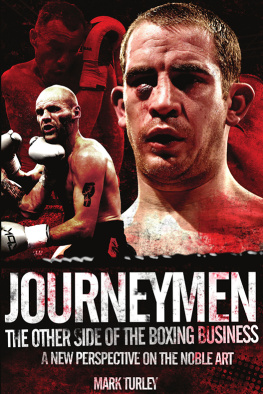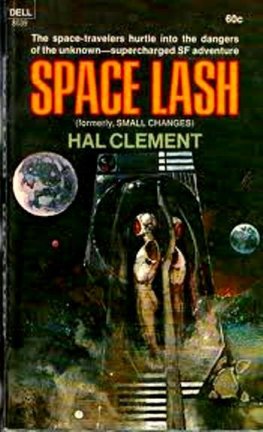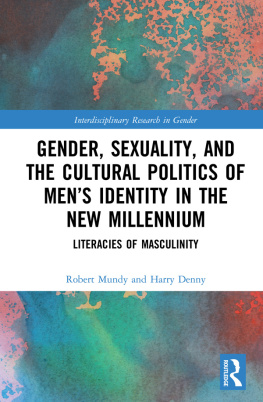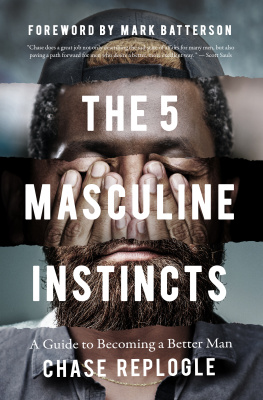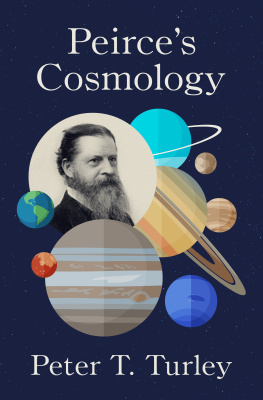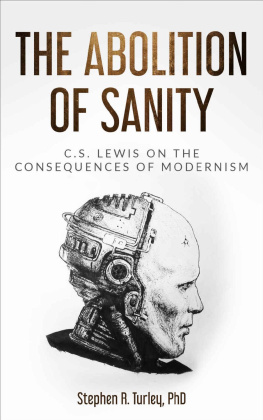Turley - Rum, sodomy, and the lash: piracy, sexuality, and masculine identity
Here you can read online Turley - Rum, sodomy, and the lash: piracy, sexuality, and masculine identity full text of the book (entire story) in english for free. Download pdf and epub, get meaning, cover and reviews about this ebook. City: New York, year: 1999, publisher: New York University Press, genre: History. Description of the work, (preface) as well as reviews are available. Best literature library LitArk.com created for fans of good reading and offers a wide selection of genres:
Romance novel
Science fiction
Adventure
Detective
Science
History
Home and family
Prose
Art
Politics
Computer
Non-fiction
Religion
Business
Children
Humor
Choose a favorite category and find really read worthwhile books. Enjoy immersion in the world of imagination, feel the emotions of the characters or learn something new for yourself, make an fascinating discovery.

Rum, sodomy, and the lash: piracy, sexuality, and masculine identity: summary, description and annotation
We offer to read an annotation, description, summary or preface (depends on what the author of the book "Rum, sodomy, and the lash: piracy, sexuality, and masculine identity" wrote himself). If you haven't found the necessary information about the book — write in the comments, we will try to find it.
Turley: author's other books
Who wrote Rum, sodomy, and the lash: piracy, sexuality, and masculine identity? Find out the surname, the name of the author of the book and a list of all author's works by series.
Rum, sodomy, and the lash: piracy, sexuality, and masculine identity — read online for free the complete book (whole text) full work
Below is the text of the book, divided by pages. System saving the place of the last page read, allows you to conveniently read the book "Rum, sodomy, and the lash: piracy, sexuality, and masculine identity" online for free, without having to search again every time where you left off. Put a bookmark, and you can go to the page where you finished reading at any time.
Font size:
Interval:
Bookmark:
Thank you for buying this ebook, published by NYU Press.
Sign up for our e-newsletters to receive information about forthcoming books, special discounts, and more!
Sign Up!
A publisher of original scholarship since its founding in 1916, New York University Press Produces more than 100 new books each year, with a backlist of 3,000 titles in print. Working across the humanities and social sciences, NYU Press has award-winning lists in sociology, law, cultural and American studies, religion, American history, anthropology, politics, criminology, media and communication, literary studies, and psychology.
Rum, Sodomy, and the Lash
Piracy, Sexuality, and Masculine Identity
Hans Turley

NEW YORK UNIVERSITY PRESS
New York and London
1999 by New York University
All rights reserved
Library of Congress Cataloging-in-Publication Data
Turley, Hans, 1956
Rum, sodomy, and the lash : piracy, sexuality, and masculine
identity / Hans Turley.
p. cm.
Includes bibliographical references and index.
ISBN 0-8147-8223-X (cloth : alk. paper)
ISBN 0-8147-8224-8 (pbk. : alk. paper)
1. PiratesHistory. 2. PiratesSexual behavior. 3. Pirates in
literature. 4. Homosexuality in literature. I. Title.
G535 .T87 1999
910.45ddc21 98-40141
CIP
New York University Press books are printed on acid-free paper,
and their binding materials are chosen for strength and durability.
Manufactured in the United States of America
10 9 8 7 6 5 4 3 2 1
All illustrations appear as an insert following
As a child I never played pirate. Of course, like many children born in the fifties, I was terrified and fascinated by Captain Hook in Mary Martins Peter Pan. In a sense, then, Cyril Ritchards over-the-top portrayal of Hook (What tempo, Captain? A Tango!) probably influenced my choice of subject thirty years later. But Christopher Hills short essay Radical Pirates? was the main inspiration for this book. I had been engaged by Daniel Defoes great pirate novel Captain Singleton, and I had been trying to make sense of what seemed to be almost explicit homoerotic desire shown by the title character for his friend and companion, Quaker William. Hills essay examines radical Christians after the Restoration and imagines that they might have fled England and become buccaneers and pirates. Since Hill looks at pirates as dissenting from a Christian, economic perspective, I wondered if one couldnt look at pirates from a sexual perspective as well. This thought led to the notion that pirates may have been sexually transgressive, but more important, as the historian Robert C. Ritchie suggested to me, they were culturally transgressive as well.
By the time I started to research late-seventeenth- and early-eighteenth-century piracy, I realized that although many pirate histories had been written over the past two and a half centuries, not much use had been made of the primary sources that were written contemporaneously with the emergence of the great pirate figures. So began a long trip into pirate history and mythology and a realization of the pirates importance as a cultural trope not only in the eighteenth century but in the late twentieth century as well.
This trip could never have been completed without the assistance and support of a number of scholars in eighteenth-century studies. First and foremost I would like to thank Professors Robert Markley and Thomas Lockwood. Bob read and reread the various drafts of this manuscript. Some chapters he can probably recite from memory. His comments and support over the past years have been invaluable and inestimable. Tom, too, read and commented on earlier versions of the book and restrained my tendentious impulses while helping me with my forays into archives. They provided the best kinds of mentoring and criticism.
Professor Lincoln Fallers generosity with his time and willingness to read and comment so fully on the manuscript at a number of stages have helped me enormously. Lincolns enthusiasm is contagious. Professor Kathleen Wilsons illuminating suggestions likewise have affected the final version of this book. Credit for the title must go to Kate, pace Winston Churchill and the Pogues, but I accept responsibility for using it. Professor Joel Baer has shown great support for this project; without his help, I would never have found my way through the Public Record Office in London. Joels essays about eighteenth-century piracy are impeccably researched and elegantly argued. The essays have been inspirations for my own attempts at pirate historiography.
Professors Henry Abeloves and George Haggertys advice on earlier versions of this book pushed my thinking about queer theory and gay and lesbian studies. Professor Sara van den Berg gave me valuable comments as a reader on my dissertation committee. Professor Manuel Schonhorns wit kept my work in perspective over the past several years. J. M. Coetzee and Dorothy Driver asked questions and pushed my thinking in different directions than I would have otherwise gone. In addition, I thank Professors Paul Alkon, Paul Hunter, Jean Marsden, Jerry Phillips, and my colleagues at the University of Connecticut, Kristina Straub, James Thompson, Philip Baruth, as well as my former colleagues at Texas Tech, particularly Ed Check, Sara Gadeken, Leon Higdon, Allen Miller, Cat Moses, Bruce Clarke, John Samson, and Don Rude. All of the friends with whom I discussed this book contributed to the final shape.
I could not have begun my research without the financial support from the University of Washington when I was a doctoral candidate. A predoctoral fellowship enabled me to begin my research at the British Library and the Public Record Office. Ulilibrarian extraordinaire at the British Librarydeserves special thanks for his suggestions and help with the librarys collection. Thanks to Uli, not once did I order a book that was lost in the Blitz.
I have been lucky enough to have had fellowships from several fine libraries throughout the United States and Canada. With grants from the American Society for Eighteenth-Century Studies and the University of Texas at Austins Harry Ransom Center and ASECS and McMaster Universitys William Ready Collections, I was able to complete essential research for this project. The staffs at both of these libraries were generous with their time and the collections. I would like to thank the staff of the William Ready Division of Archives on Research Collections, McMaster University Library, Hamilton, Ontario, Canada in particular for their enthusiasm and for allowing me the use of the illustrations.
of this book is a slightly revised version of the article.
A Dorothy Collins Brown fellowship and a Mellon Fellowship from the Huntington Library enabled me to use the Huntingtons vast pirate collection over two summers, and to comprehend the immense resources available for a scholar of piracy. In particular, Robert C. Ritchies advice gave me the confidence to carry on my research.
My editors at New York University Press have been wonderful. Tim Bartlett went beyond the call of duty during his last days there. Jennifer Hammers advice and criticism were of great help. Many thanks, too, go to Despina Papazoglou Gimbel and a wonderful copyeditor, Rosalie Morales Kearns.
A special acknowledgment should go to Manfred Mickleson. Manfred made me see that I was on to something with my book. Although I have never met Manfredand know I never shallhe is certainly an inspiration for me and many of my colleagues starting out in eighteenth-century studies.
Next pageFont size:
Interval:
Bookmark:
Similar books «Rum, sodomy, and the lash: piracy, sexuality, and masculine identity»
Look at similar books to Rum, sodomy, and the lash: piracy, sexuality, and masculine identity. We have selected literature similar in name and meaning in the hope of providing readers with more options to find new, interesting, not yet read works.
Discussion, reviews of the book Rum, sodomy, and the lash: piracy, sexuality, and masculine identity and just readers' own opinions. Leave your comments, write what you think about the work, its meaning or the main characters. Specify what exactly you liked and what you didn't like, and why you think so.

